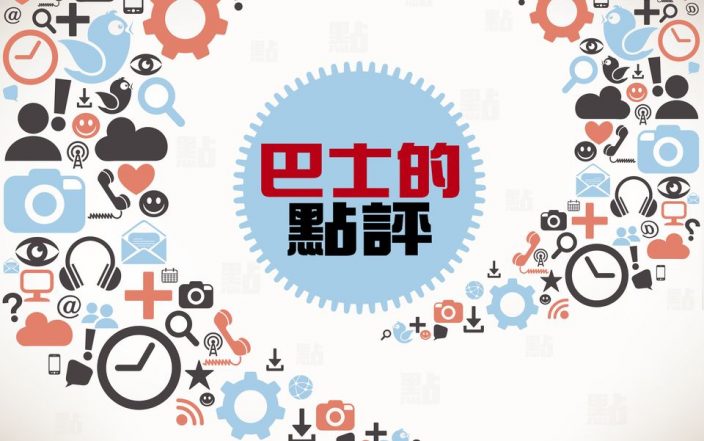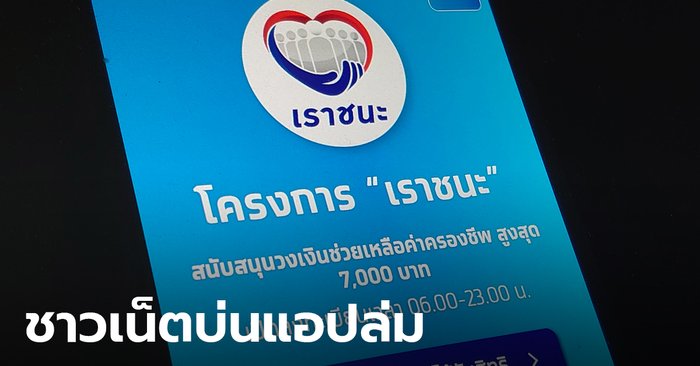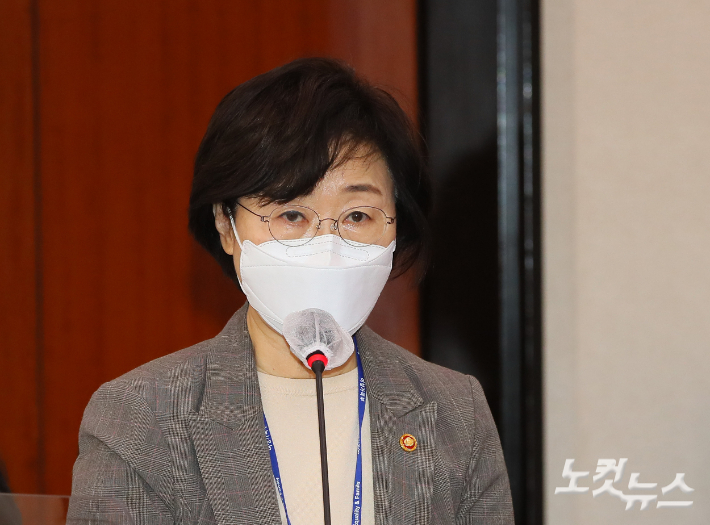The government approved the use of Kexing vaccine, and it will start next Friday (February 26). Yesterday, I talked about the safety and effectiveness of the Koxing vaccine. Just received news from Brazil. The Butantan Institute in Sao Paulo State, Brazil pointed out that after testing, it was found that Koxing vaccine is effective against variants of the new coronavirus from the United Kingdom and South Africa. Covas, the head of the study, said that the use of inactivation technology in the Coxing vaccine has advantages over other vaccines. As Kexing Vaccine is undergoing Phase 3 clinical testing in Brazil, the local data of Kexing Vaccine is available.
Earlier, South Africa ordered 1 million doses of the Oxford University/AstraZeneca adenovirus vector vaccine, but after testing, it was found that the vaccine was not effective against the South African variant virus. The South African government announced that it would give up the 1 million doses. It is indeed encouraging to see the news that Coxing Vaccine is effective against the variants of the new coronavirus in the UK and South Africa.
Recently I chatted with some young people and asked if they would get the vaccine. A 20-year-old young man blurted out, “If I get a vaccine, I can travel, I will definitely fight!”
This is the incentive for young people to get vaccinated. Young people feel that even if they are infected with the new coronavirus, their condition will not be very serious, so they are less willing to get vaccinated. Of course, they did not expect that after they were infected with the virus, they might be infected to middle-aged parents or elderly grandparents, which would threaten their lives. However, it is not easy to talk about responsibilities with young people, and it is more reliable to talk about incentives. Vaccination can have two incentives:
1. Get vaccinated to travel. The international tourism industry has vigorously promoted the “disease passport”, hoping that people will be vaccinated and recorded in a “disease passport.” Different countries can recognize each other, so that they can travel through customs without isolation. Currently, the leading country is Israel, which has successively signed the “Vaccinator Travel Agreements” with Greece and Cyprus. After the citizens have been vaccinated, they do not need to travel between the two countries. Of course, the reason why Israel has the capital to do so is because it is the country with the fastest vaccination in the world. More than 40% of people in the country have received the first dose of the vaccine, and 20% have received two doses. Israel has a population of 9 million, and 200,000 people get vaccinated every day. At this rate, it is estimated that in two months, 70% of Israel’s population will be vaccinated, achieving the effect of herd immunity.
At present, major countries are more cautious about the “vaccine passport” policy, because after vaccination, there is generally a 20 to 30% chance of contracting the mild new coronavirus. Therefore, it cannot be ruled out that people who have received the vaccine are still carriers of the virus.
Many people in Hong Kong also suggest that people who have been vaccinated can clear customs without isolation from the mainland. It is said that the mainland still has reservations about this, not only because Hong Kong still has an epidemic, but also because people who have been vaccinated still have a chance to be a carrier of the virus. However, even if people who have been vaccinated cannot be exempted from isolation, if the isolation time can be reduced to 7 days, or Hong Kong will be zeroed out, the vaccination can be exempted from isolation, and the population exchange between China and Hong Kong can also be accelerated. As for other Asian countries, such as Japan and South Korea, when everyone’s vaccination rate reaches a higher level, they will have the opportunity to implement the “vaccine passport” exemption from isolation.
–
Second, the vaccine is exempted from gathering. The government has recently implemented new measures to resume evening dine-in food in restaurants. Those who enter the restaurant must scan the “Travel with peace of mind” QR code or leave contact information. I talked to young people about this issue, and they were concerned about whether this would affect freedom. According to the government’s request, if you do not use the “Travel with ease” program to enter a restaurant that does a night market, you can choose to leave your personal contact information. Of course, personal data will still be recorded in this way, and it is not as convenient as scanning the “safe travel code”. Some restaurants claiming to be “yellow shops” claim that they would rather die than dine in. I think the anti-epidemic work should not be politicized. The data of the “Travel with Peace” program is only stored in the supplier, and there is no function of tracking the location of the user. The government will not use this to collect information from the public, so it will not affect the freedom of the public. .
I think there is no incentive to mobilize people to get a vaccine. If the rate of vaccinations in Hong Kong is too low, it will not prevent waves of epidemics from occurring. After the vaccine is fully available, when the government again implements restrictions on gatherings, it is recommended that premises that only allow people who have been vaccinated can be exempted from gathering restrictions. For example, all guests and employees who enter the restaurant will be vaccinated and not restricted With the impact of food policy, other stadiums and recreational facilities should also have this exemption for vaccinated people who are exempt from gatherings, which will greatly encourage more people to vaccinate and achieve the effect of herd immunity.
–
In general, keep gathering, the least free. To break the endless cycle of restricted gatherings, vaccination is the only way out.
Lu Yongxiong
– .


